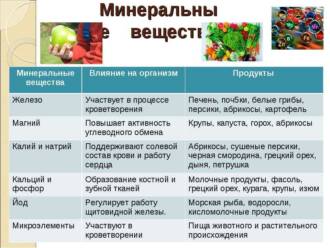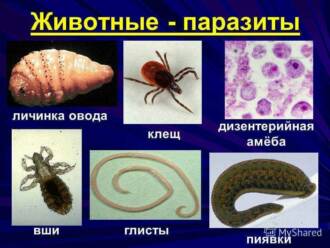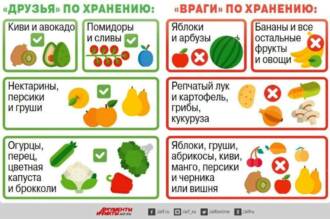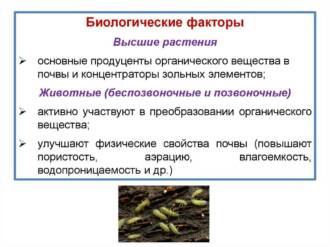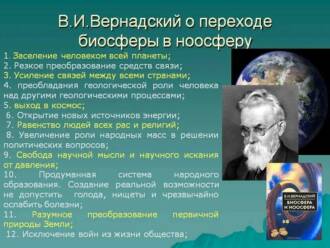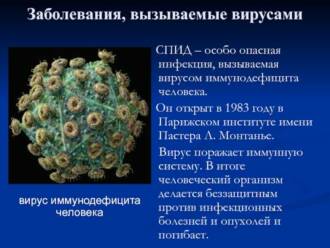
The decomposition of organic material is an important process in nature that affects many aspects of an ecosystem. However, until now there have not been enough studies that have studied in detail the effect of fruit decomposition on the biological activity of butterflies. That is why this study aimed to find out what effect the process of fruit decomposition has on the behavior and life of butterflies.
For the study, a model system was chosen, which included various types of fruits and butterflies. Fruits were divided into groups depending on the degree of their decomposition: fresh, semi-decomposed and fully decomposed. Butterflies were divided into two groups: the control group, which was grown on fresh fruit, and the experimental group, which was grown on decomposed fruit.
During the study, it was found that the decomposition of fruits has a significant impact on the biological activity of butterflies. Butterflies reared on decomposed fruit exhibited more active behavior, had higher levels of locomotor activity, and showed more interest in their environment. Butterflies grown on decomposed fruit were also found to have a higher reproductive rate.
Thus, the results of this study showed that the process of fruit decomposition has a significant impact on the biological activity of butterflies. These results may be useful for understanding the ecological interactions between fruits and butterflies, as well as for developing measures to conserve and improve biodiversity.
The purpose of the study and methodology

Purpose of the study

The purpose of this study is to study the process of fruit decomposition and its influence on the biological activity of butterflies. We want to find out how changing the state of fruits affects the behavior and reproduction of butterflies, as well as their biological characteristics.
Methodology
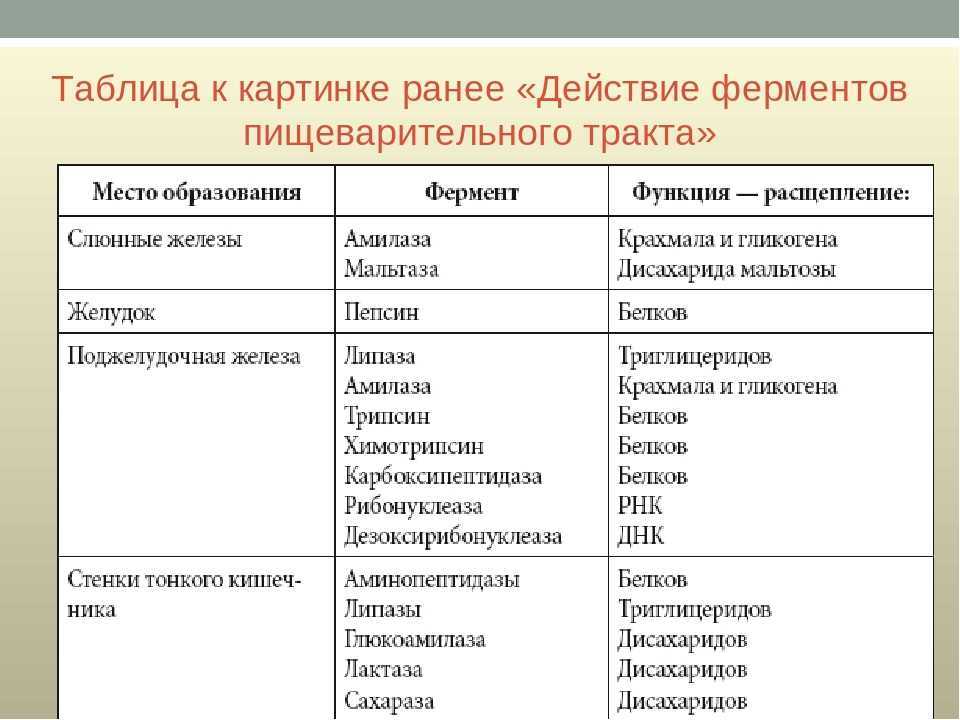
As part of the study, a series of experiments were conducted using various fruits and butterfly species. To do this, we have collected fresh fruits of different types, such as apples, pears, bananas and oranges. We then placed these fruits in special containers at room temperature and watched them decompose for several weeks.
At the same time, we placed the butterflies in separate individual terrariums to study their behavior and reproduction. We observed the butterflies throughout the experiment, recording any changes in their activity and characteristics.
To analyze the obtained data, we used statistical methods such as mean and standard deviation to determine the degree of influence of fruit decomposition on the biological activity of butterflies. We also conducted a comparative analysis between different types of fruits and species of butterflies to determine if there were differences in their response to decomposition.
fruit decomposition process
Fruit decomposition is a complex biological process that begins the moment the fruit is picked from trees or bushes. Under the influence of various factors such as air, moisture and microorganisms, the fruit gradually loses its freshness and begins to decompose.
At the beginning of the decomposition process, fruits lose their texture and become soft and juicy. This is due to the activity of enzymes that break down cell walls and cause the molecules to break down. Under the influence of microorganisms, such as bacteria and fungi, fruits begin to rot and give off an unpleasant odor.
During the decomposition of fruits, various chemical compounds are formed, such as ethylene and acetaldehyde, which have an impact on the environment and biological activity. For example, ethylene is a hormone that stimulates fruit ripening and decay, while acetaldehyde has antimicrobial properties.
The process of fruit decomposition is important not only for understanding the biochemical processes that occur in plants, but also for studying the interaction of plants with the environment. These studies may have practical applications in agriculture and industry, for example, in developing methods for preserving and processing fruits.
Influence of fruit decomposition on the biological activity of butterflies
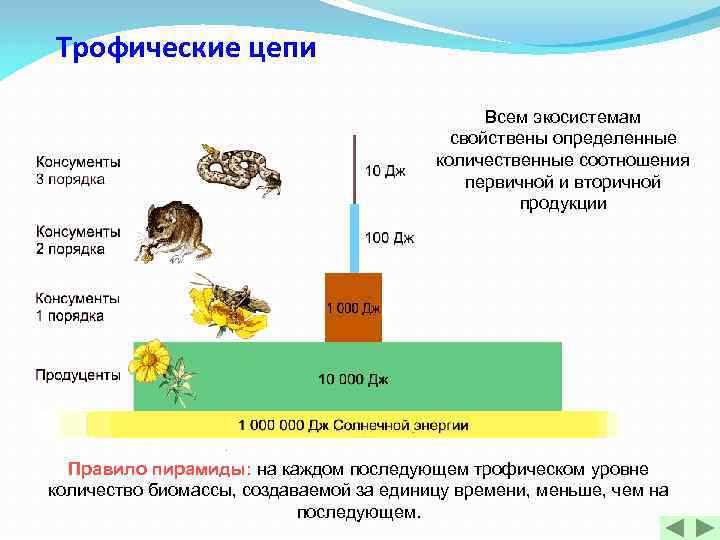
Studies have shown that the process of fruit decomposition has a significant impact on the biological activity of butterflies. Fruit decomposition creates certain conditions that can attract butterflies and influence their behavior and life cycle.
One of the main factors affecting the biological activity of butterflies is associated with the release of gases during the decomposition of fruits. Rotting fruit releases ammonia, hydrogen sulfide, and other gases that can be attractive to butterflies. They may use these gases as signals to find food or a mate.
In addition, the decomposition of fruits creates a favorable environment for the reproduction and development of butterflies. Rotting fruit contains many nutrients that butterflies can use to grow and develop their larvae. They can also serve as a food source for adult butterflies, providing them with enough energy to keep them active.
In addition to a positive effect, the decomposition of fruits can also have a negative effect on the biological activity of butterflies. For example, the outgassing and odors from rotting fruit can also attract other insects that can compete with butterflies for food or a mate. In addition, uncontrolled decomposition of fruits can lead to rot and disease, which can adversely affect the health of butterflies and their population as a whole.
Thus, studies show that fruit decomposition has a complex effect on the biological activity of butterflies. Understanding this process and its impact can be important for the conservation and maintenance of butterfly populations and their ecosystems in general.
Research results
Influence of fruit decomposition on the biological activity of butterflies
The study showed that the process of fruit decomposition has a significant impact on the biological activity of butterflies. Butterflies have been found to prefer to lay their eggs on decaying fruit rather than on fresh fruit.
It has been established that the decomposition of fruits contributes to the formation of specific chemical compounds that attract butterflies. This may be due to the release of enzymes and gases during the decomposition of organic material, which are detected by butterflies using their sensitive receptors.
Influence of fruit decomposition stage on the biological activity of butterflies
The decomposition stage of fruit has also been found to play a role in attracting butterflies. During the study, it was found that butterflies prefer to lay their eggs on fruits that are in a certain stage of decomposition.
The greatest biological activity of butterflies was observed on fruits in the initial stage of decomposition, when they were not yet completely decomposed, but already had a bright smell and an attractive appearance for butterflies. As the fruits moved to a later stage of decomposition, the activity of butterflies decreased.
conclusions
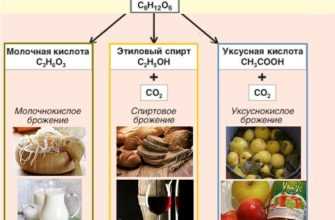
The study leads to the conclusion that the decomposition of fruit is an important factor influencing the biological activity of butterflies. Butterflies prefer to lay their eggs on decaying fruit and also prefer fruit in the early stages of decomposition.
Understanding this process can be useful for the conservation and protection of butterflies, as it allows you to determine the optimal conditions for their reproduction and life. Further research may be aimed at studying the mechanisms responsible for attracting butterflies to decaying fruit and determining more precise conditions under which their activity occurs.
Conclusions and practical implications
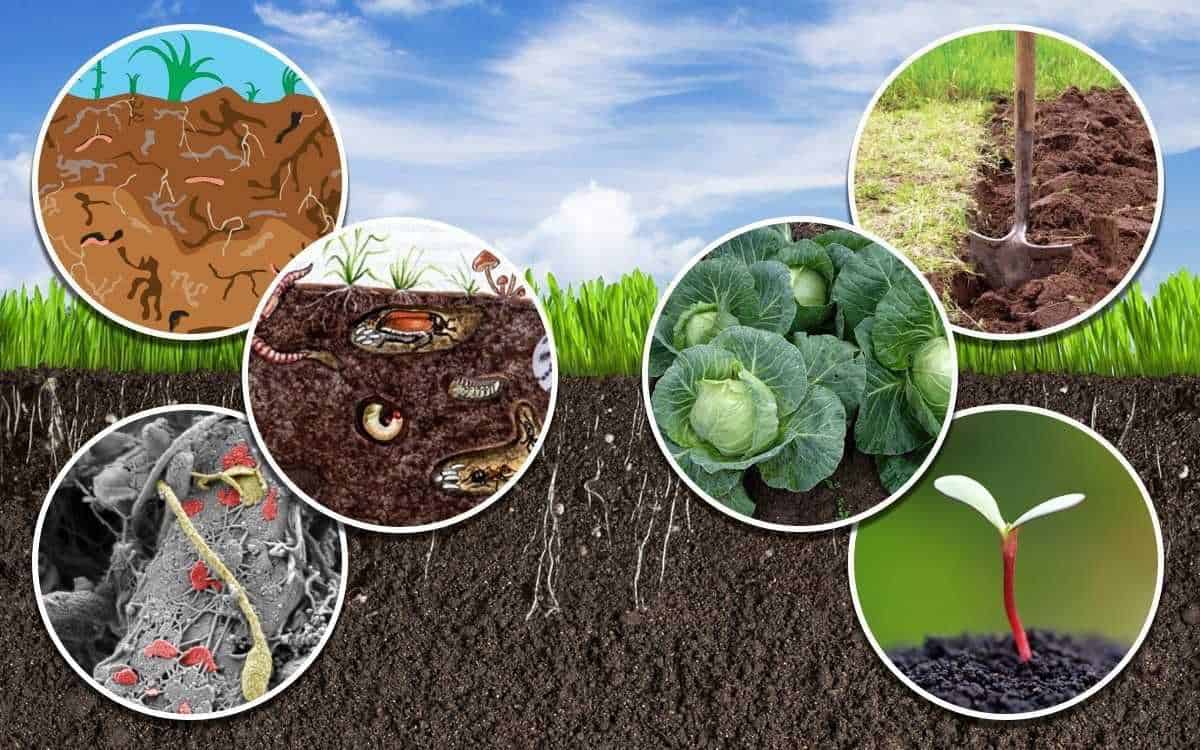
The study of the process of fruit decomposition and its influence on the biological activity of butterflies made it possible to draw several conclusions and determine the practical significance of this process.
1. Effect of fruit decomposition on the biological activity of butterflies

Fruit decomposition has been found to have a significant impact on the biological activity of butterflies. The process of fruit decomposition itself creates a favorable environment for the reproduction and development of butterflies, as it provides access to nutrients. Moreover, butterflies use the smell of decaying fruit to navigate and search for food. Thus, the decomposition of fruits plays an important role in the life cycle of butterflies.
2. Practical significance of the study
The results of the study are of practical importance in various fields. First, the data obtained can be used in ecological studies to assess the state of ecosystems. Changes in fruit decomposition may indicate possible disturbances in the ecosystem and serve as an indicator of environmental sustainability.
Secondly, research can be useful in agriculture. Knowledge of the effect of fruit decomposition on the biological activity of butterflies can help develop methods for the control and management of crop pests. For example, pheromones that mimic the smell of decaying fruit can be used to attract butterflies and kill their larvae.
Thus, the study of the process of fruit decomposition and its effect on the biological activity of butterflies is of wide practical importance and can be used in various fields related to ecology and agriculture.

